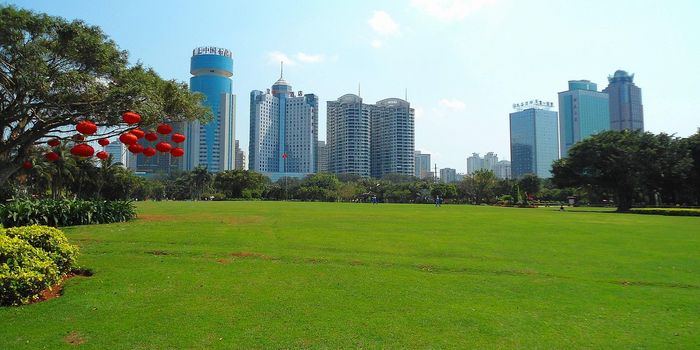Our vulnerable rivers: human impact compounds stress from climate change on river health
A study published recently in the journal One Earth cautions that anthropogenic effects are further impacting rivers that are already vulnerable to climate change. As co-authors Jim Best and Stephen Darby explain, the world’s largest rivers and their deltas are under extreme pressures from the economic, societal, and political activity of humans, all of which only compound the stress they already experience due to climate change.
Best is geology and geography professor at the University of Illinois at Urbana-Champaign. He explains, "Climate change is of huge importance in terms of changing flood or drought frequency and intensity. However, there is a range of other stressors affecting big rivers such as damming, sediment mining, pollution, water diversions, groundwater extraction, and the introduction of nonnative species -- all of which affect rivers on a timescale that has much more immediate consequences."
While healthy rivers respond to changes in the environment through self-adjusting processes of erosion and sedimentation, stressed rivers that experience, for example, delta subsidence, groundwater extraction, sand mining, or upstream dams may not be able to adapt. This is what is happening in the Mekong River Delta, say the researchers.
And the Mekong isn’t the only affected river. "The scale of the effects of sediment starvation and subsidence in driving increased flood risk is currently far greater than sea-level rise generated by global climate change," Best said. "But when all of these pressures are combined, there is now a real risk that we could cross a major tipping point in the next 10-20 years."
Another human factor that has a very real environmental impact on river health is politics. As Science Daily reports, the COVID-19 crisis has resulted in a fall in pollution monitoring, allowing industries to pollute without paying fines if they plead the pandemic.
"We have seen evidence of the effect of these types of political and societal shocks on river systems in the past, too," Best said. "The stresses from the Gulf War led to increased river pollution in the Tigris-Euphrates River Basin, a situation that was also compounded by upstream damming in Turkey."
That’s why Best is urging for more publicity and international policy management for river health. "There are some things we as scientists can do on the monitoring end of this issue, but it will demand collaboration and trust between nations for it to make a difference," he said. "We can't take our eye off the ball -- we've just got to devote more attention to these more frequent, shorter-timescale stressors. It's far from being just about climate change."
Sources: One Earth, Science Daily









